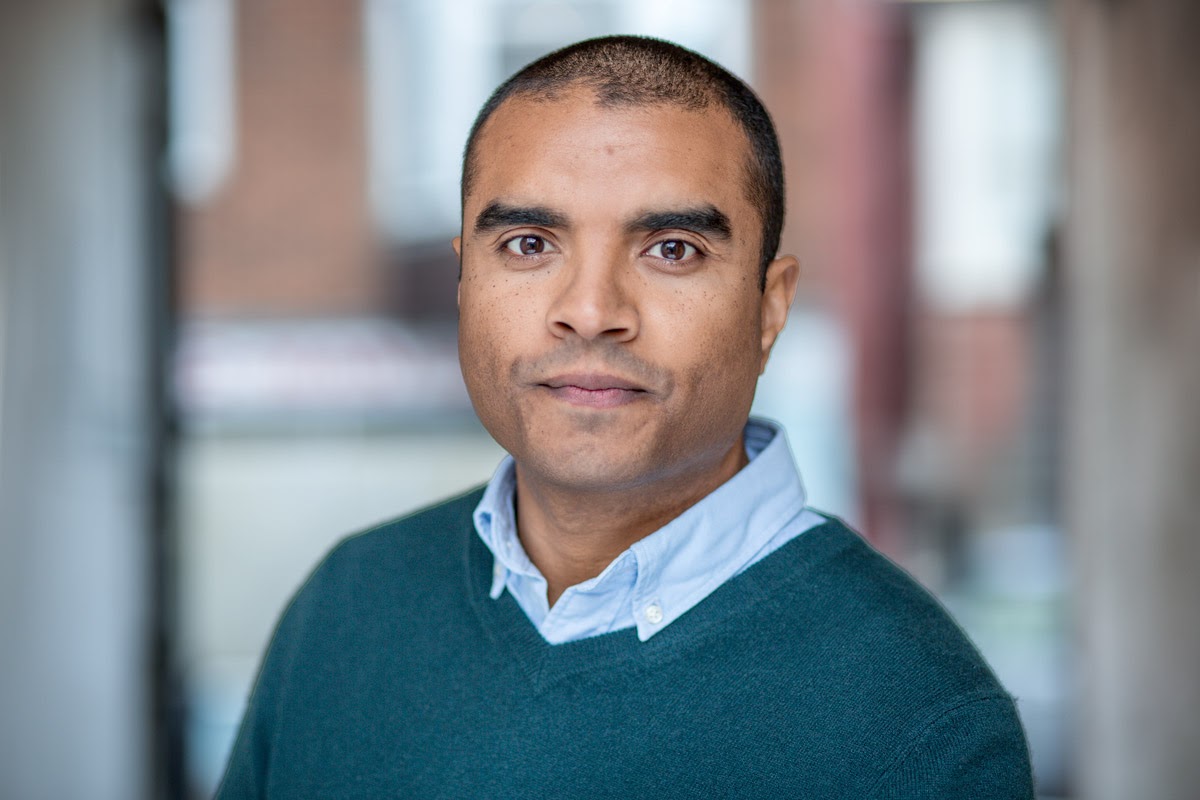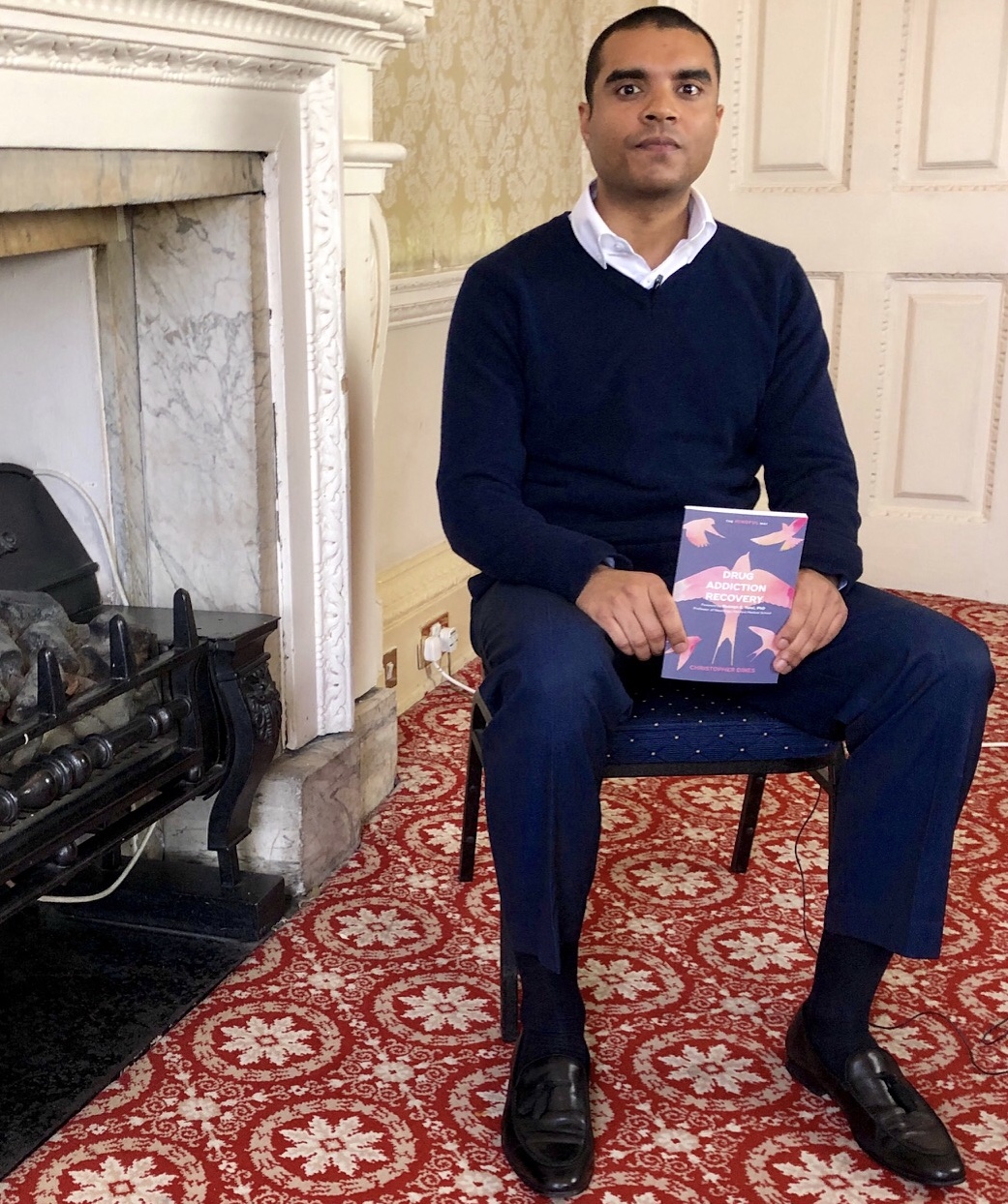An addiction is often a strand of addictiveness. For example, a female alcoholic may quit drinking alcohol but then develop an eating disorder or become a compulsive hoarder. She has addressed her alcohol addiction but is still at the mercy of addictiveness unless she can address her underlying emotional issues. A man suffering from bulimia may stop compulsively purging, but then find himself addicted to pornography and sleeping with sex workers. I have met countless people who arrest an addiction but still have other unresolved destructive addictive behaviours. I learned about addictiveness from the late John Bradshaw. He was the first person to clearly explain the difference between addictiveness and addiction.
In my case, I stopped drinking alcohol and using drugs but realised that I still had other compelling addictions to address. Many addicts believe that if they address an addiction, they need not worry about being subject to other addictive behaviours. In my book “Drug Addiction Recovery” (Sheldon Press, 2019), I gave an example of addictiveness which I have included below:
• The drug addict will, for example, stop snorting cocaine and drinking alcohol.
• The addict will acquire a new addiction, such as bingeing on chocolate or junk food.
• The addict might have a moment of clarity, stop bingeing on food and start attending the gym compulsively every day to lose weight and get physically fit.
• The addict, now in good physical shape and feeling much more confident, starts to act out sexually.
• The addict stops being promiscuous and is now trying to battle a credit card addiction and/or compulsive debting, while still carrying suppressed grief and pain.
In this way, the addict is still locked into addictiveness regardless of overcoming several previous addictive behaviours.
The opioid epidemic has ruined the lives of millions of people all over the world. Let it sink it for a moment that data from the National Institute of Drug Abuse estimated 70,237 people overdosed and died as a result of drug addiction in America in 2017. Consider the millions of drug addicts who survive and are still hooked on powerful opioids, benzodiazepines and alcohol. In 2017 there were 3,996 drug-related deaths in Canada. According to a recent EU survey, Britain has a huge problem with drug abuse.
As a recovering drug addict, I have deep empathy and compassion for those hooked on powerful mind and mood altering substances. I started taking drugs in my first year at high-school in the mid 1990s. I was 11 and loved the affect of cannabis. Getting high was fun and liberating in those early days. I could laugh, relax and alter my troublesome emotions with the aid of marijuana. My friends and I often skipped lessons to smoke cannabis and listen to music. A friend of mine often had a large glassed jar packed with cannabis which was handed around like candy. Before I knew it, I had become dependent on cannabis to do the most seemingly unremarkable things. Although cannabis arrested my depression for 18 months, I stopped getting high and needed stronger, harder drugs. At the age of 15, I discovered cocaine. I had crossed the line and I intuitively knew that my life was on the road to ruin. Cocaine gave me a false sense of confidence and bravado. I became hooked on cocaine the first time I snorted it. A month later, I found a more liberating drug called ecstasy. I have to admit that the first time I used ecstasy in a suburban leafy park with 30 high-school friends, I had an amazing time. However, subsequent attempts to recapture that first euphoric experience failed. I got used to taking ecstasy tablets on weeknights while drinking alcohol and watching football games on television. My depression was more insidious than ever before.
The day I attended a 12-Step meeting for the first time, aged 19, in Soho, London, and admitted to over 50 recovering drug addicts, “Hello my name is Christopher and I’m an addict”, something changed profoundly within me. The members gave me a round of applause and welcomed me with warm-heartedness and affection. I sat in a room with strangers, bonded by our collective trauma and desire to heal. I demonstrated a willingness to be vulnerable for the first time in years. While it took me another 2 years to stop using drugs altogether, I started the process of my recovery when I decided to get honest with myself and others by attending my first recovery meeting.
Christopher Dines’ new book, “Drug Addiction Recovery: The Mindful Way” is to be published on October 1st 2019 USA. The foreword by Rudolph E. Tanzi, PhD. Published by Sheldon Press (Hachette).


